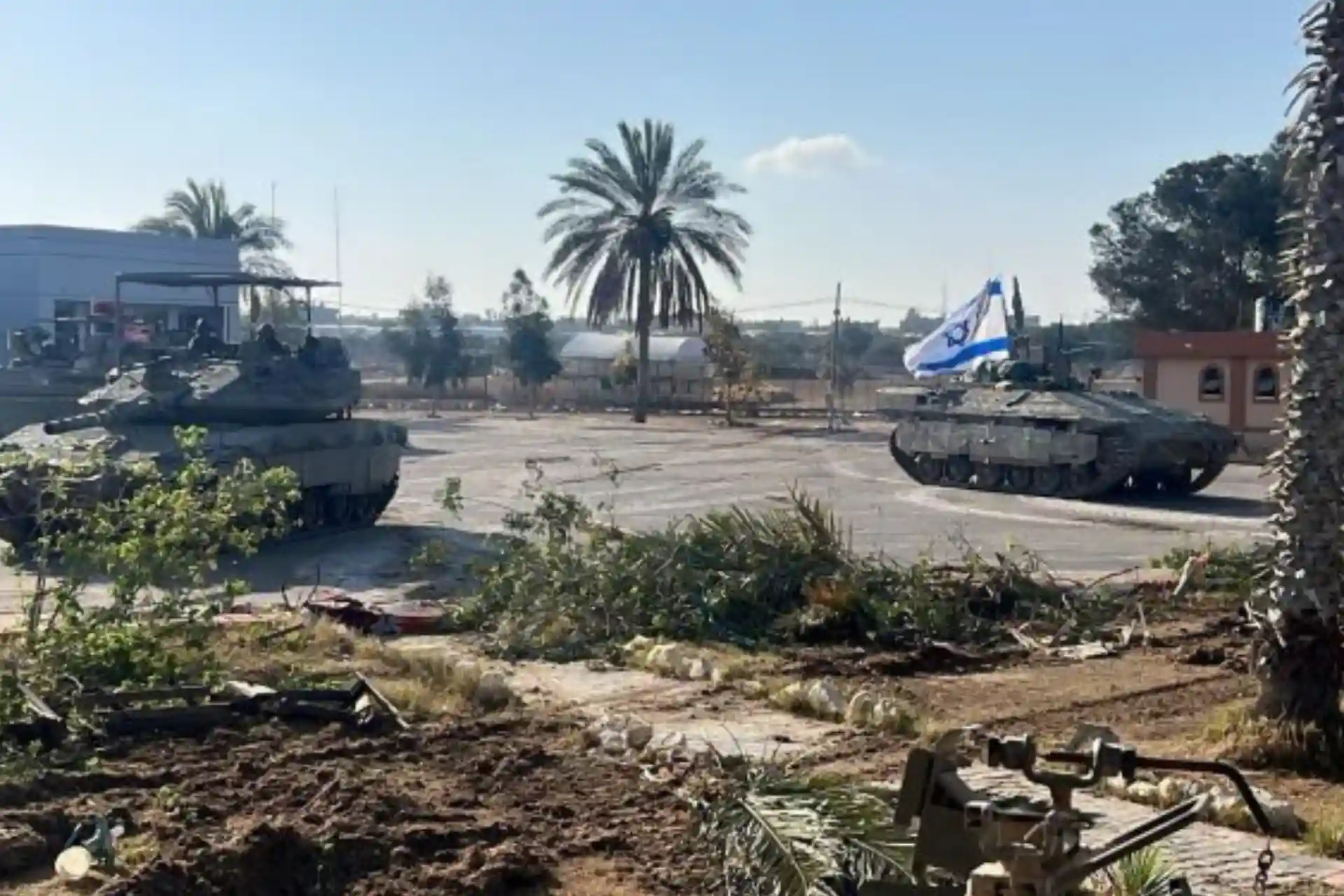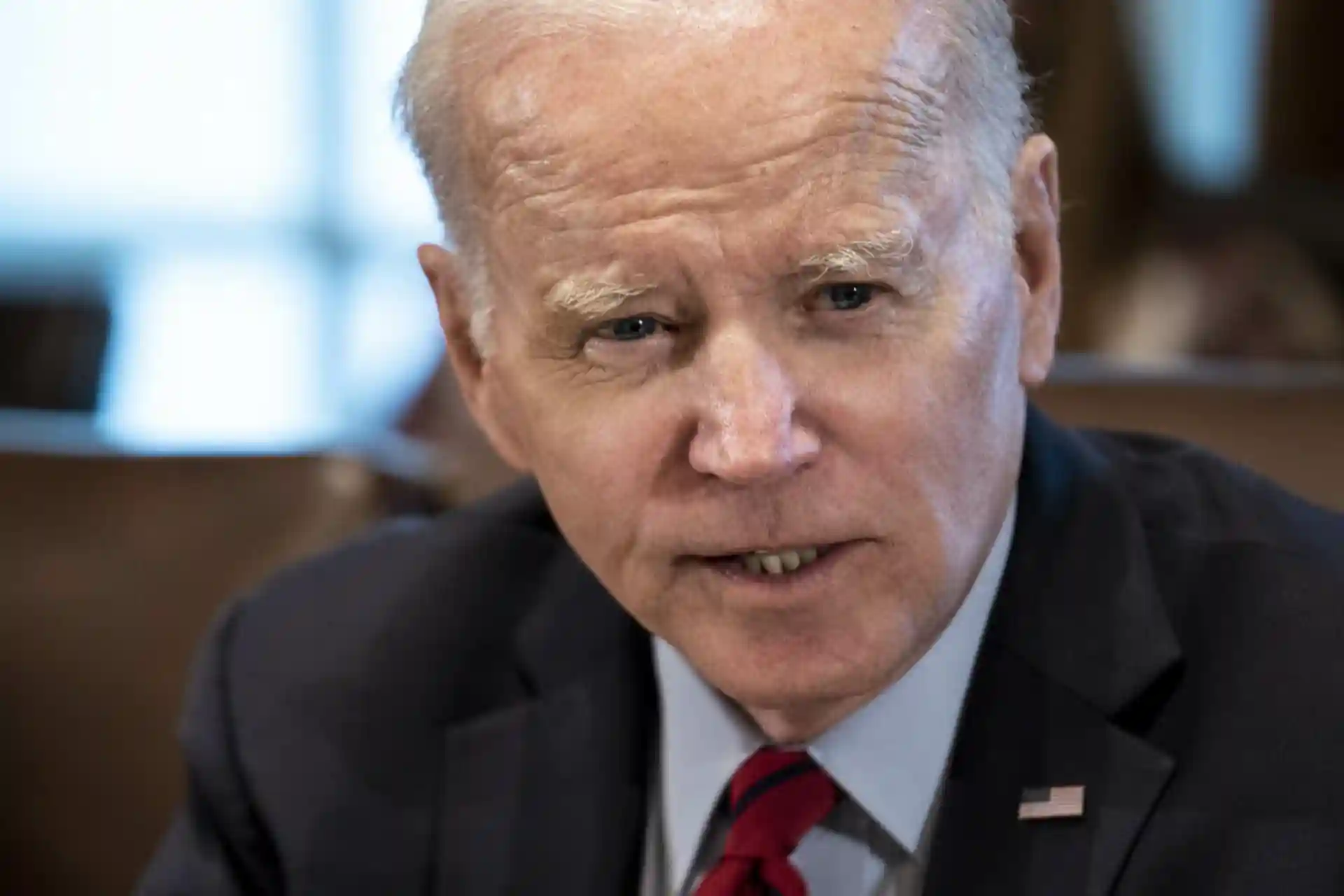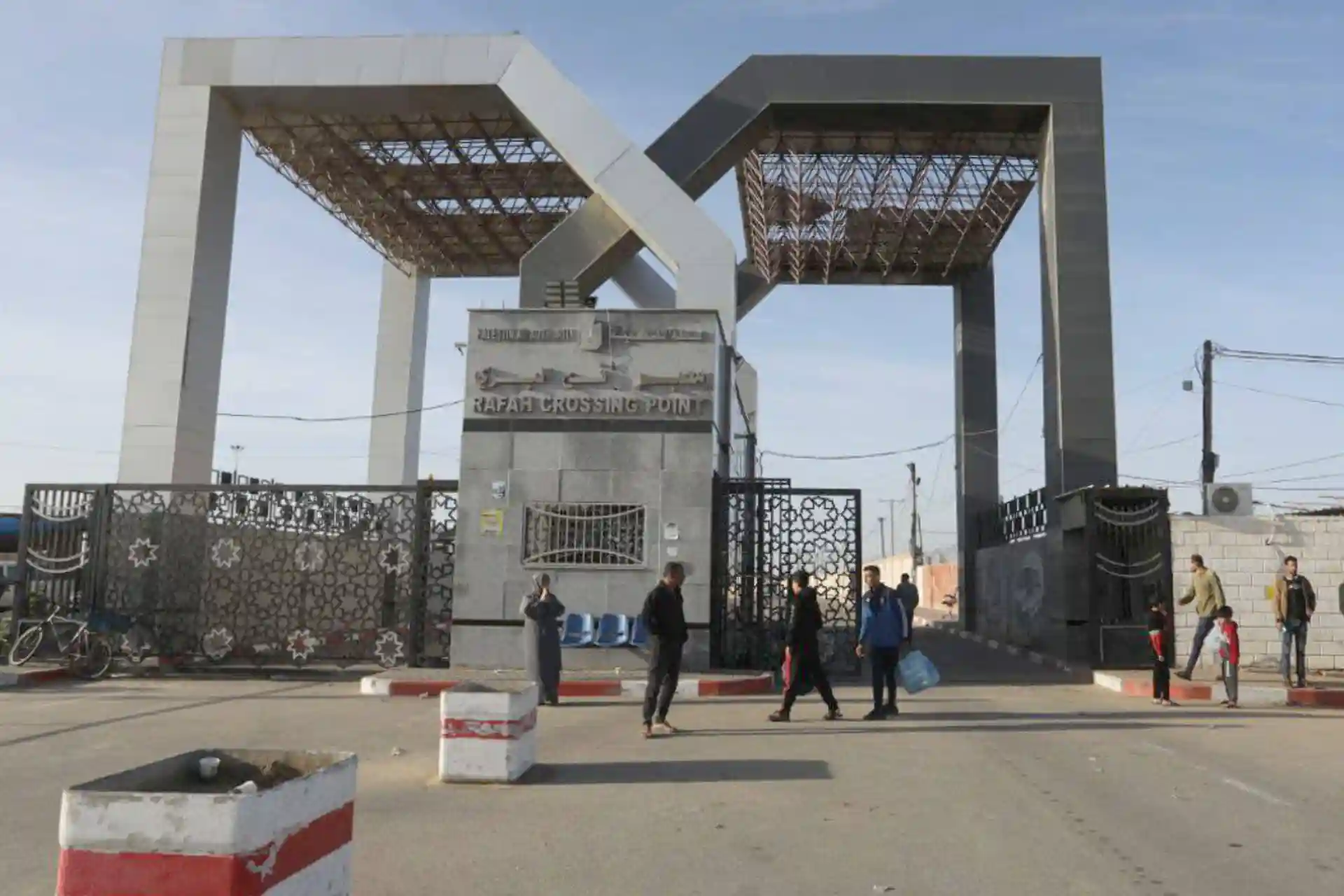20.08.2024 10:38
1231
Cairo agreed to hand over the Egypt-Gaza border to Israeli military control in exchange for the opening of Rafah
Cairo agreed to Israel's control of the Egyptian-Gaza border in exchange for the reopening of Rafah. This was reported by three senior Egyptian sources to iddle East Eye.
The agreement on the Philadelphia Corridor, a demilitarized buffer zone along the Gaza-Egypt border, includes two options.
It is noted that Israel prefers to maintain a military presence on the border due to concerns about arms smuggling from Sinai to Gaza.
The second option would replace the military with an underground barrier equipped with advanced electronic sensors to monitor and prevent smuggling across the border.
Egypt, which initially resisted the idea due to sovereignty and national security concerns, has shown flexibility in the talks. However, Cairo has made it clear that the Rafah crossing will be the only red line without a border with Israel. Egypt insists that Israel should leave the area and hand over control to the Palestinian Authority.
The closure of the Rafah crossing after Israel took control in May exacerbated the humanitarian crisis in Gaza. More than 40,200 Palestinians have been killed since the beginning of the conflict. Local authorities in Gaza say the closure has killed 1,000 Palestinians who could have been saved by humanitarian aid or evacuation.
Egypt's agreement to negotiate border security was influenced by significant Israeli and American pressure. Diplomatic sources say Egypt imports large amounts of energy from Israel and is currently facing an energy crisis that leaves it vulnerable to external pressure.



